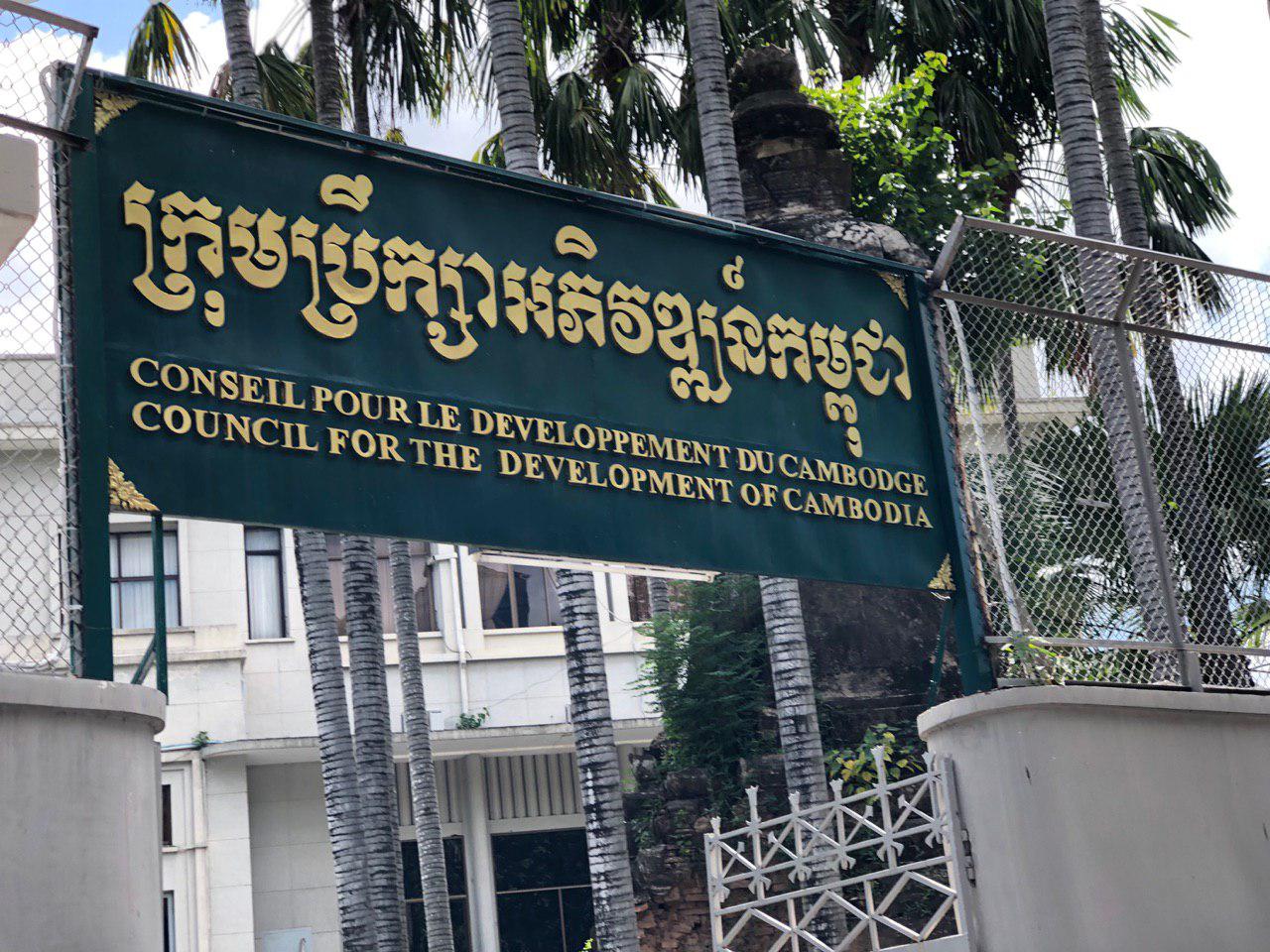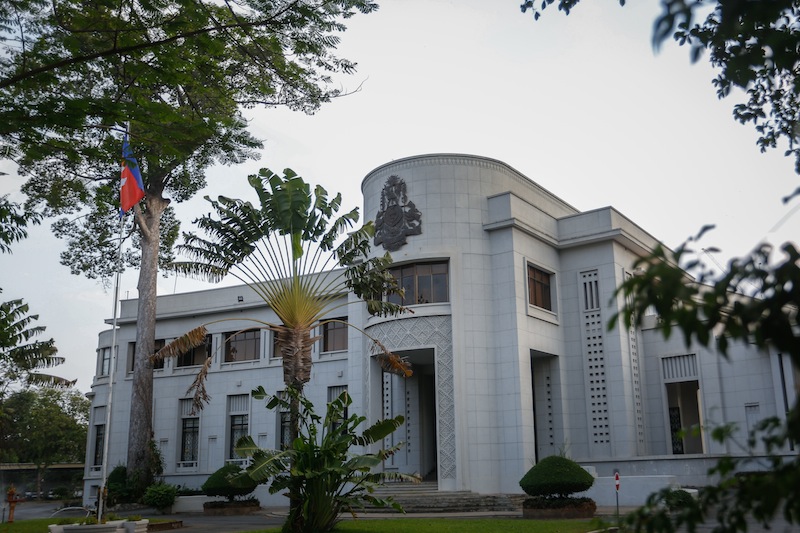New Tax Law Introduces Green Incentives for Investments
Cambodia appears to be making moves toward following the global trend of encouraging green investments. A new tax law will give incentives for investments approved for sectors such as environmental management, biodiversity conservation, the circular economy, green energy as well as technology contributing toward climate change adaptation and mitigation.
The law is being welcomed for the potential beneficial effects for the environment and the opportunities for Cambodian businesses to profit from the burgeoning green industry that promises to transform the world. However, its implementation also depends on the details of a sub-decree which is expected sometime this year.
In order to facilitate a transition to greener, less wasteful and pollutant economies, governments across the world have helped the rise of the green industry over the past years with incentives such as grants and tax breaks, making them competitive and turning sustainability into a market.
The Council for the Development of Cambodia (CDC) has opted for two different options of incentives for businesses to receive that are approved by the council as “Qualified Investment Projects”.
The first option will grant income tax exemptions for periods of three to nine years with specifics on which investments and periods of exemption to be determined in a later sub-decree, followed by periods of reduced income tax.
The second option would involve the reduction of capital expenditure as well certain expenses incurred to a period of up to nine years, and a number of tax exemptions applicable to certain investment activities, and over a period of time still to be determined by the expected sub-decree.
Advocates of environmental protection and promoters of green development such as Karolien Casaer-Diaz of Green Global Growth Institute in Cambodia, are encouraged by the fact the environmental issues are addressed in this bill, while at the same time acknowledging that the finer details of the sub-decree will determine how effective this law will be in creating environmentally sustainable activities.
Karolien points out, highlighting the possibility that if Cambodia doesn’t take the necessary steps toward developing greener industries, and implementing environmental protection measures, then it risks being left behind. The public awareness, nationally and internationally, of the catastrophic risks of government inaction, for the economy and of course the planet, also adds to the pressure on governments to do something that many consider has to start with incentivising greener investments.
Not everyone is favourable of tax incentives as being the necessary means by which to achieve the environmentally green investments that everyone seems to agree is needed in Cambodia.
Im Norin, director of programmes at Transparency International Cambodia, for example has expressed concerns that competing for investments using tax breaks could end up depriving the country of much-needed revenue.
An anticipated report by Transparency International is expected to suggest improvements to future foreign investments such as greater government transparency on investment monitoring, improving investment approval processes and increasing coordination among Asean countries when it comes to the best use of tax incentives.
In the meantime, the sub-decree that the CDC is to issue, may contain details that some fear will not render the law as effective as hoped, or may even modify the content of the law, such as removing certain environmental protections, as it did in an earlier draft of the law removing a requirement for businesses to provide information on “waste management measures and environmental protections”.
In general, however, the reaction has been cautiously optimistic for this important piece of legislation. The focus of attention now will be on how it will end up being implemented, and if it will or not, usher in a new era of environmentally sustainable investment and the growth of a green industry in Cambodia. Khmer Times






